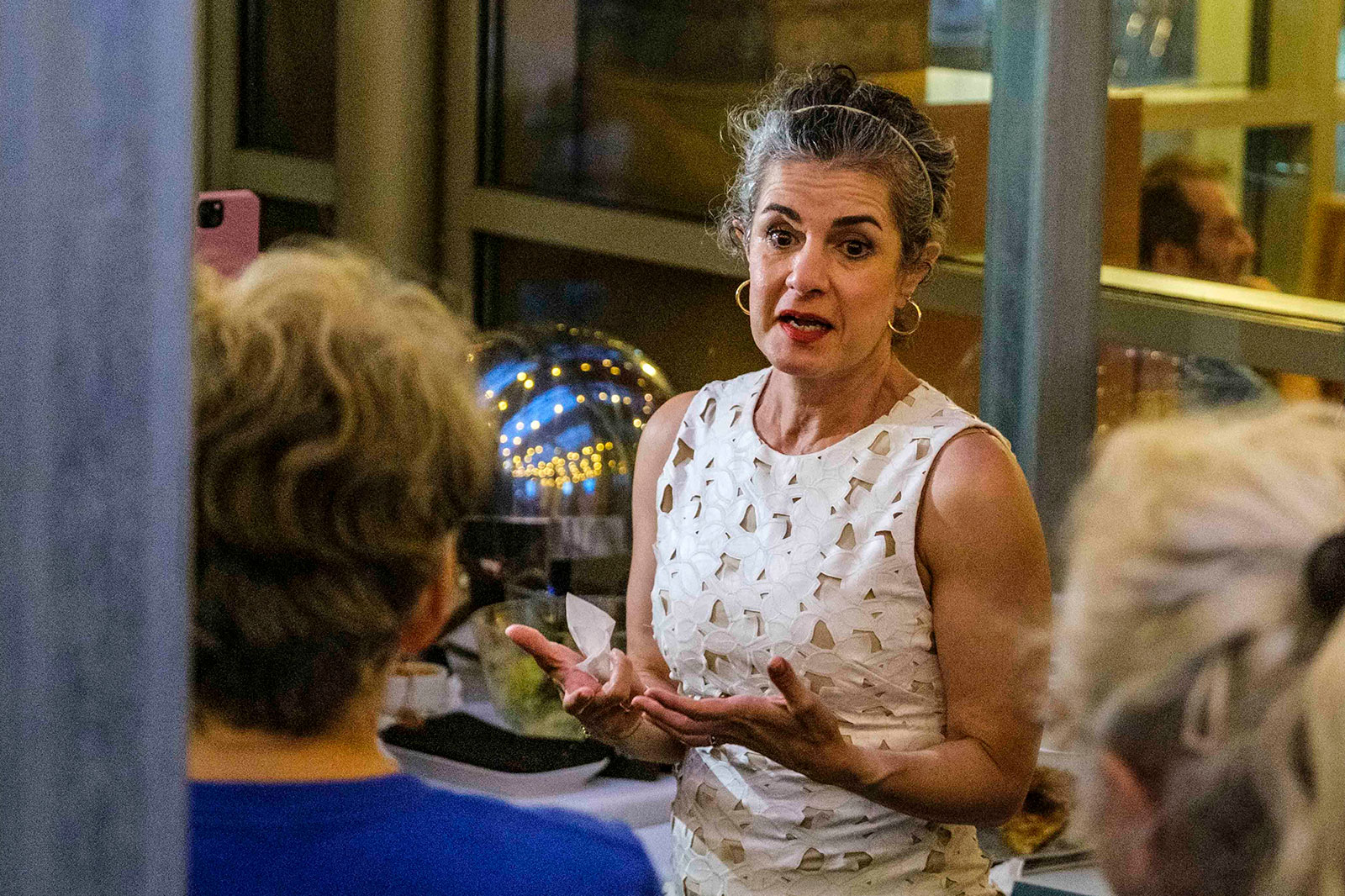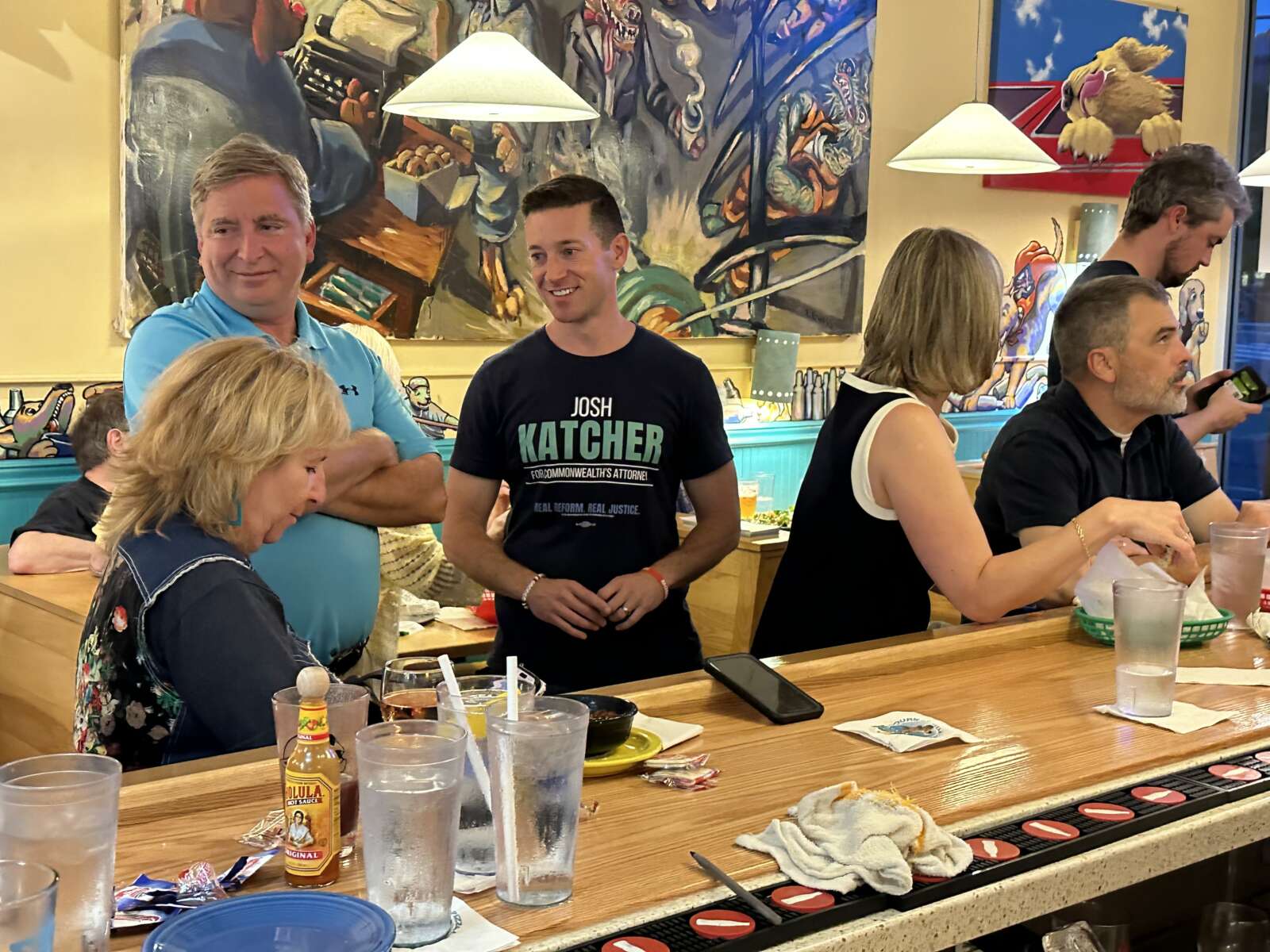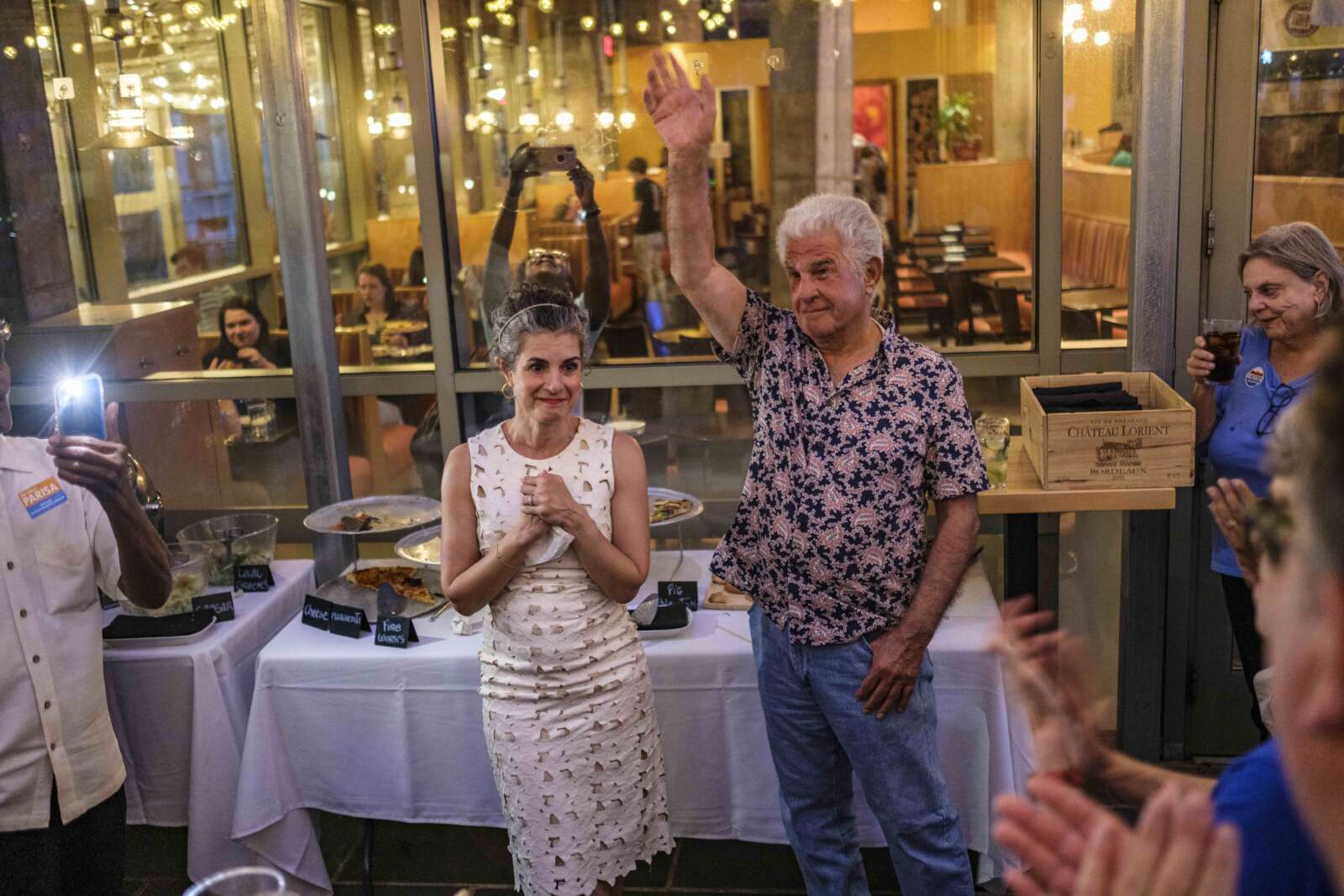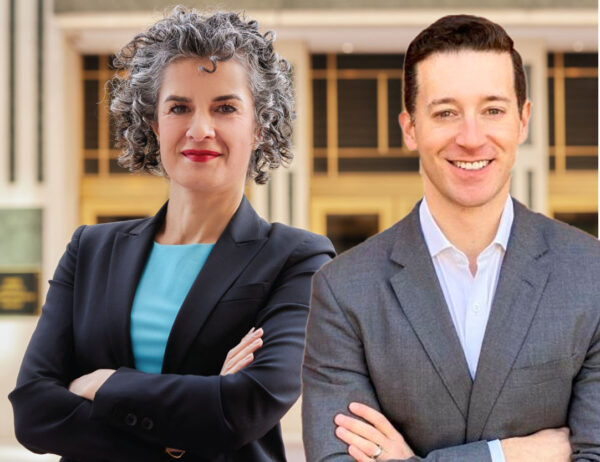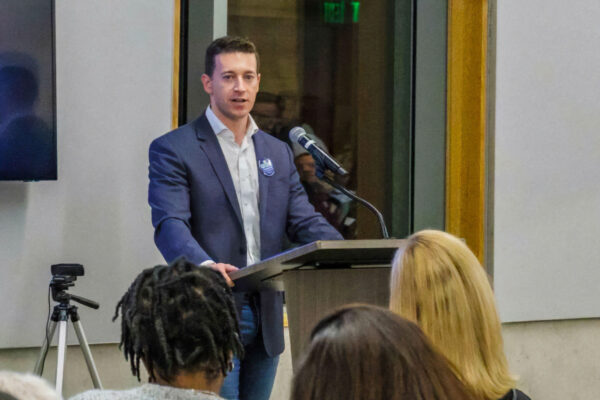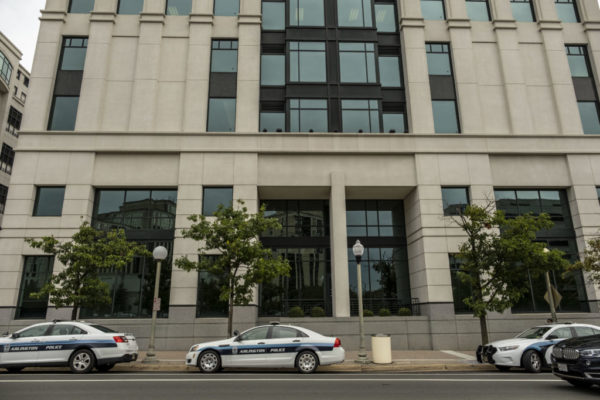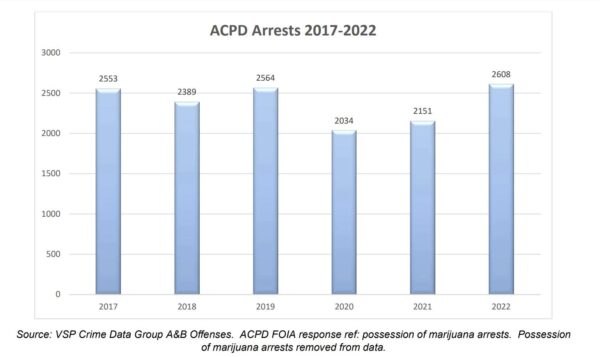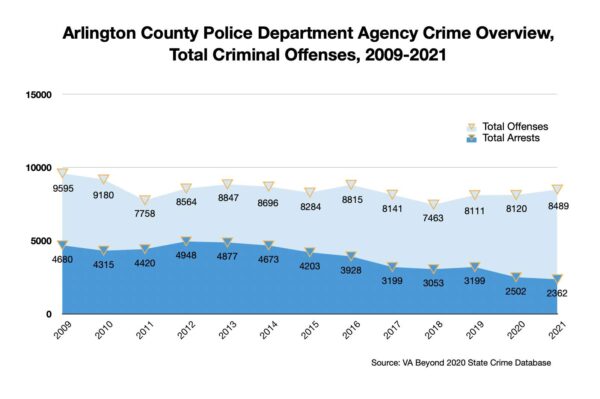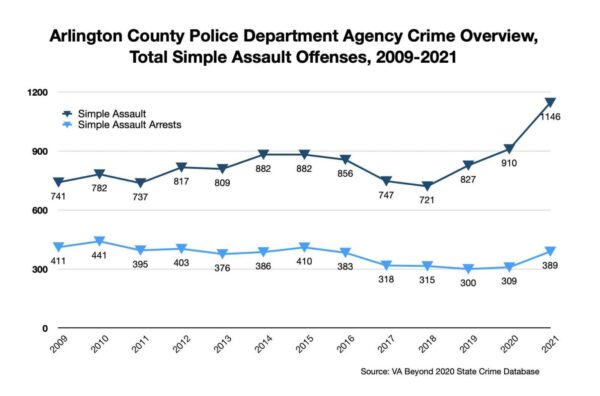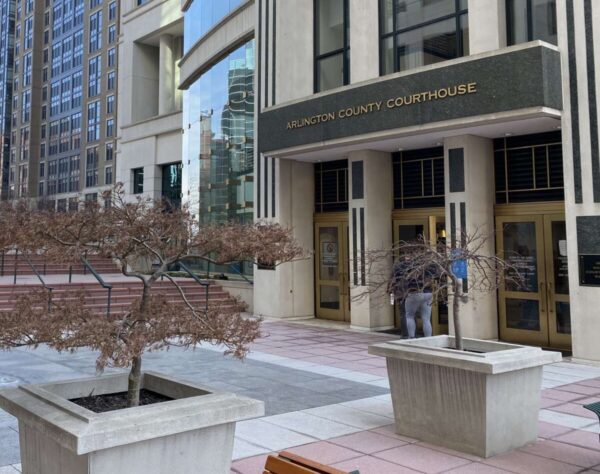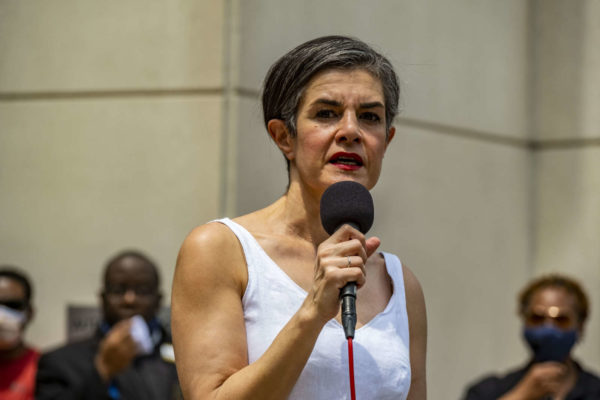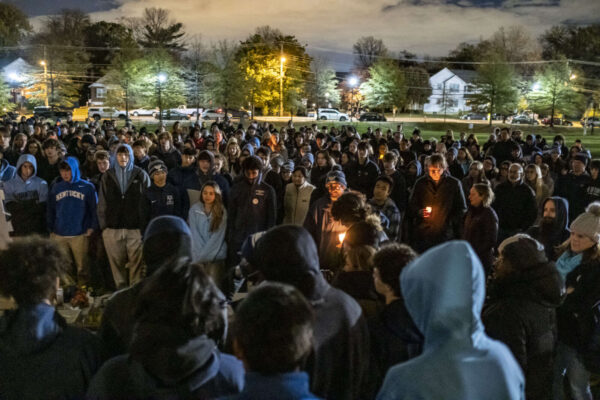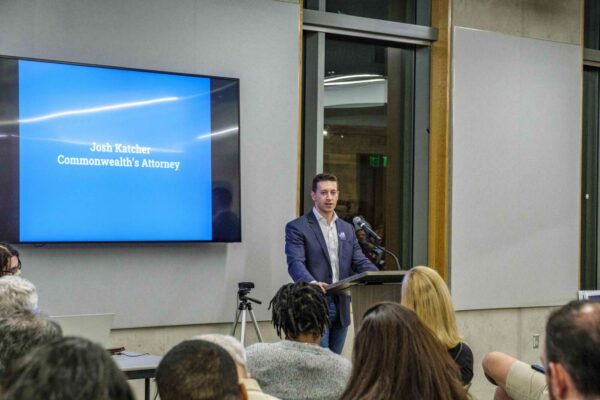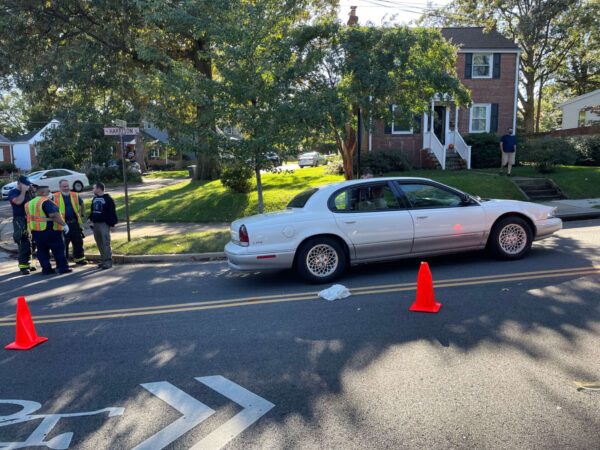
On Oct. 19, 2021, an elderly driver hit the daughter of Tara-Leeway Heights resident Heather Keppler while riding her bike.
The impact of her body cracked the windshield and she fell to the ground. She was whisked to the hospital in an ambulance where — not wanting to disturb any potential broken bones — doctors cut off a favorite running shirt and took a full-body X-ray.
Doctors said her tailbone was either broken or bruised and additional scans would confirm which injury it was. Keppler said they opted not to know, as the recovery process was the same: sitting on a donut pillow and missing her exercise routines. This pause took a toll on her daughter, then a freshman training for a regional running race.
Keppler decided to get a lawyer when one for the 86-year-old man involved called to see if she had one. The mother says in retrospect — after her experience ended in dropped charges — she is lucky she hired legal help.
“I don’t know how I would’ve found out [what] was going on,” she said.
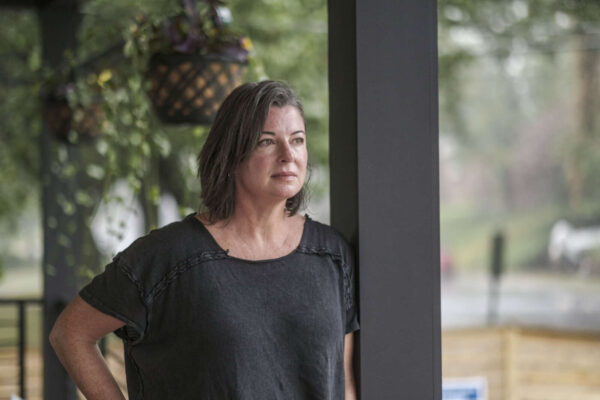
Since June 2020, Arlington police officers have been shepherding through the legal system less-serious traffic misdemeanors: speeding, driving without a license, and so on. Before, the Office of the Commonwealth’s Attorney had a prosecutor outside Courtroom 3C — where those cases are adjudicated — to enter plea bargains.
This arrangement was imperfect, according to Arlington’s top prosecutor, Parisa Dehghani-Tafti, who just won the Democratic primary race for her seat against challenger Josh Katcher.
The assigned prosecutor often did not have “any prior knowledge of the case” and did not share pre-court-date discovery with defendants, she wrote in a 2020 memo to County Manager Mark Schwartz. This was one reason she removed prosecutors from “3C.”
After hearing from a state agency that trains prosecutors and the Virginia State Bar Ethics Counsel, it became clear her staff could not meet their obligations to share all exculpating or incriminating evidence in these cases, she argued.
Dehghani-Tafti attributed this largely to an uptick in available footage from cameras that police wear and have in their cars. Sharing all evidence would require prosecutors to review, process and disclose footage from some 40,000 cases — a tall order given current staffing levels.
“We did not come to this decision lightly, but rather after a thorough analysis of several factors,” she wrote to the Arlington County Police Department in a 2020 memo.
Three years later, she tells ARLnow that her office has kept the promises in that memo.
“We have gotten involved in every case in which our law enforcement partners have asked us to get involved, as was promised in the memo,” she said.
Keppler, however, suspects that the lack of prosecutorial presence in traffic court could explain how her daughter never got her day in court. She supported Dehghani-Tafti in her original, successful 2019 bid but this experience led her to flip for Katcher.
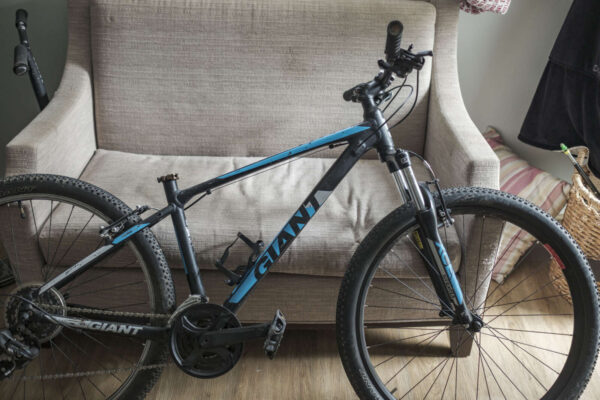
Dropped charges
After not hearing anything about her daughter’s case for some time, Keppler began to get worried.
Her lawyer found that subpoenas ordering the Kepplers and their assigned police officer to court on Nov. 18, 2021 were written but never issued.
“Because it was never issued, we never showed up to court,” she said. “Because no one was there, they dismissed the case.”
Like Keppler, local personal injury lawyer Jeff Jankovich says a prosecutor outside 3C could have helped the Kepplers. This person could have checked for the subpoenas and asked the judge to move the hearing date so everyone could make it.
Although Dehghani-Tafti’s memo says prosecutors were unfamiliar with the traffic cases on the docket that day, Jankovich recalls days when there were extremely experienced prosecutors who “did a pretty thorough job” of evaluating each case.
“If there were aggravating facts — an accident where someone was injured, or someone had significant prior record, even if it was minor speeding but the third, fourth or fifth offense — they were on top of that and it affected how they approached case,” he said.


